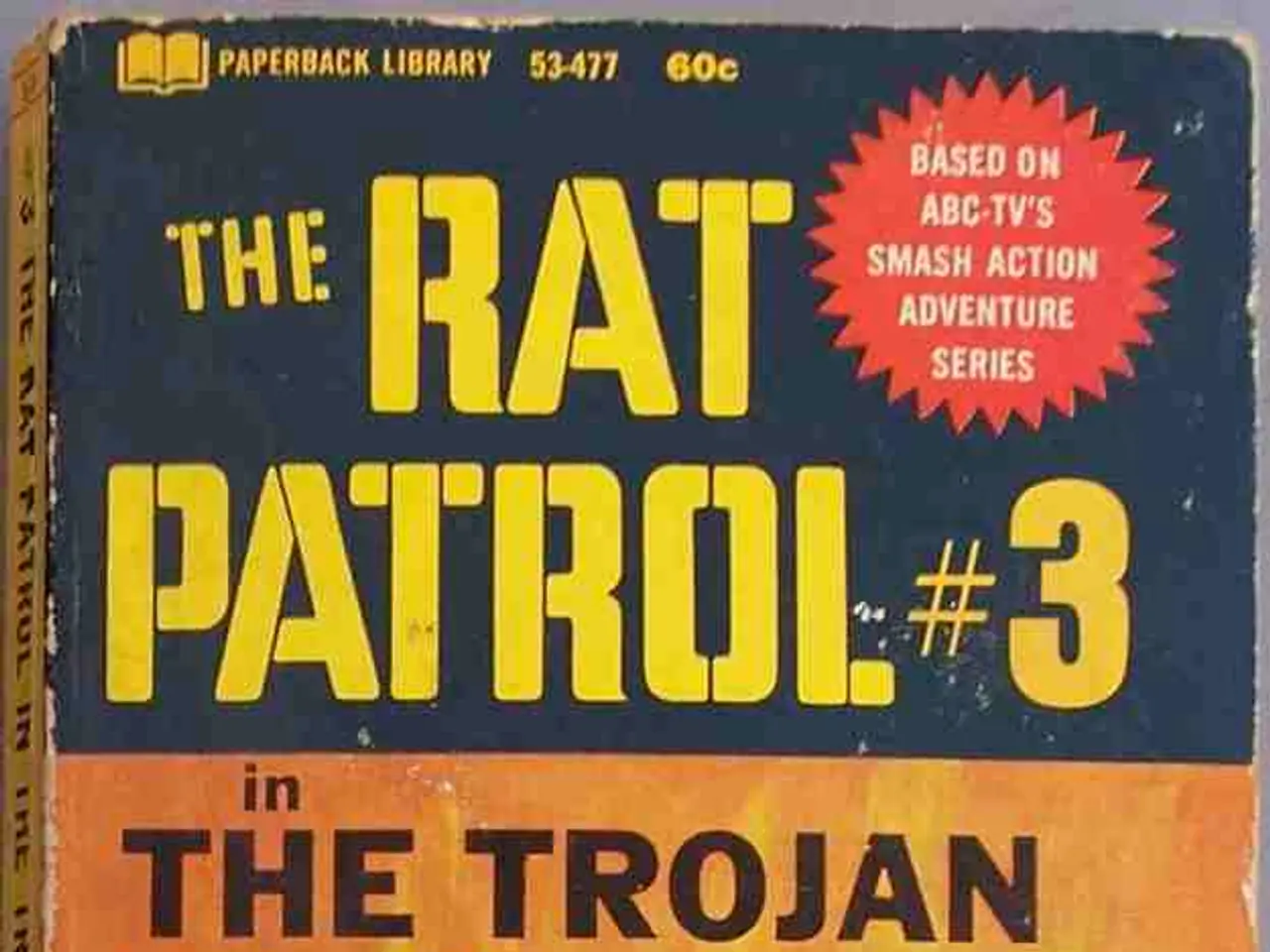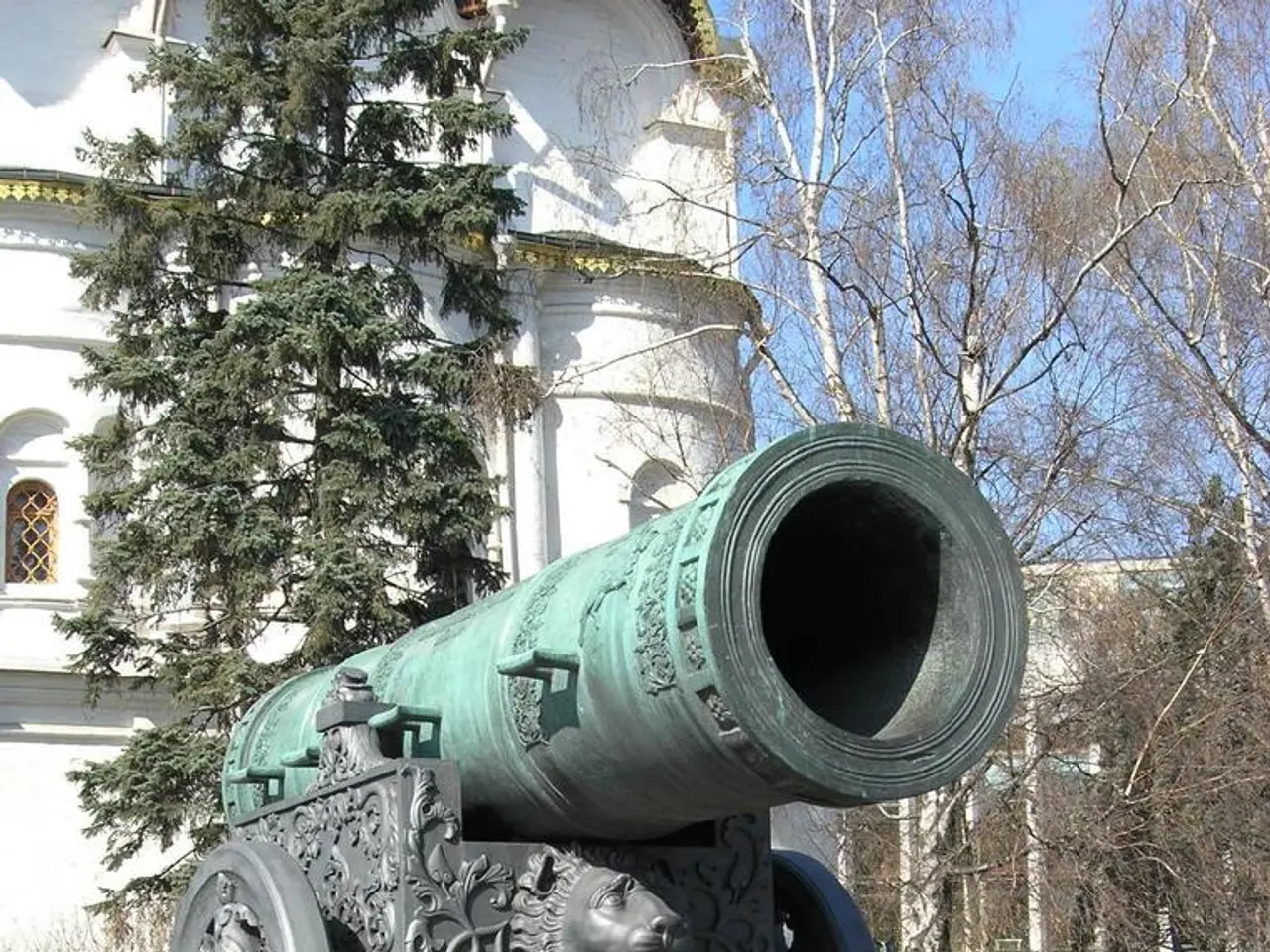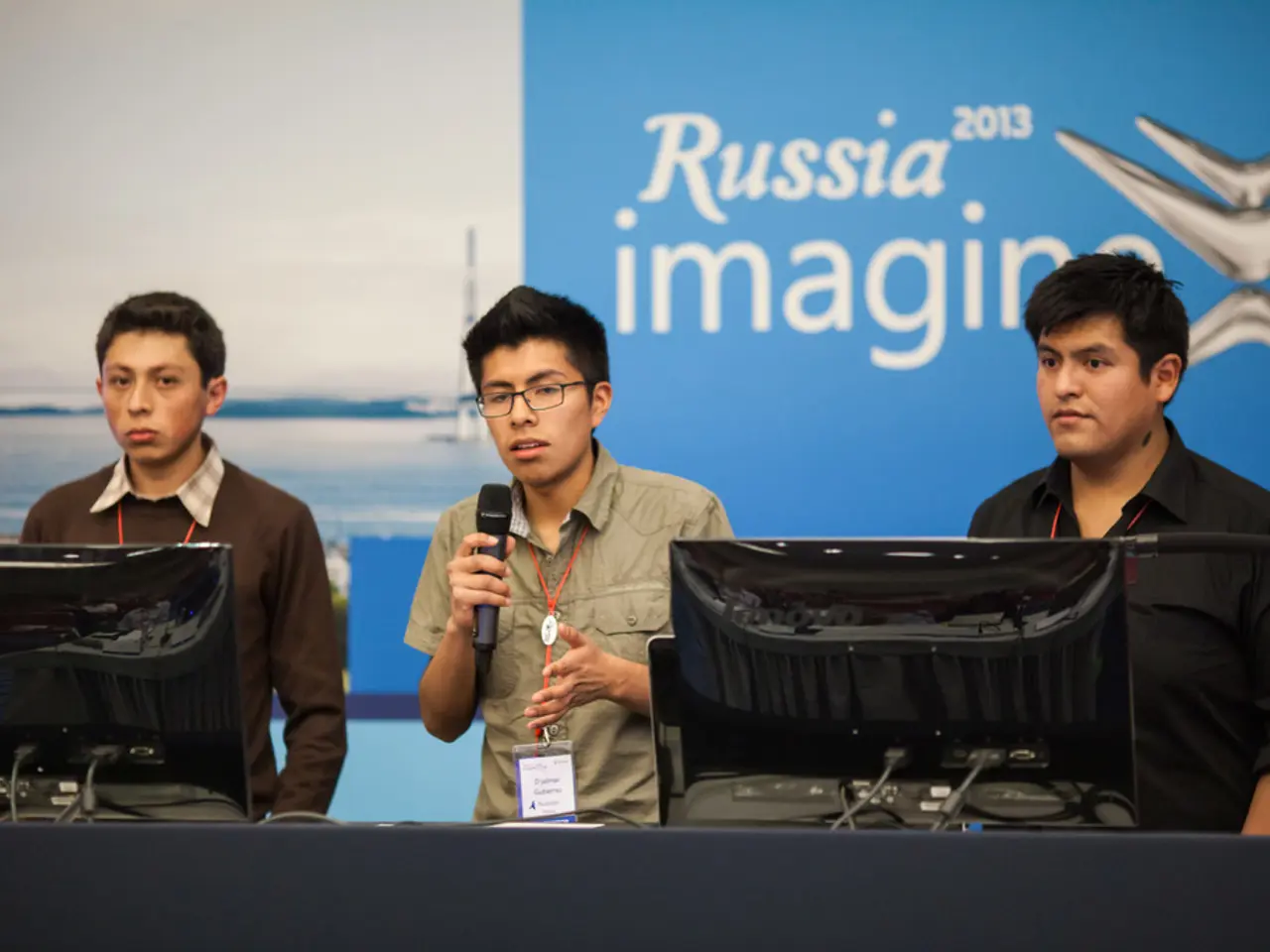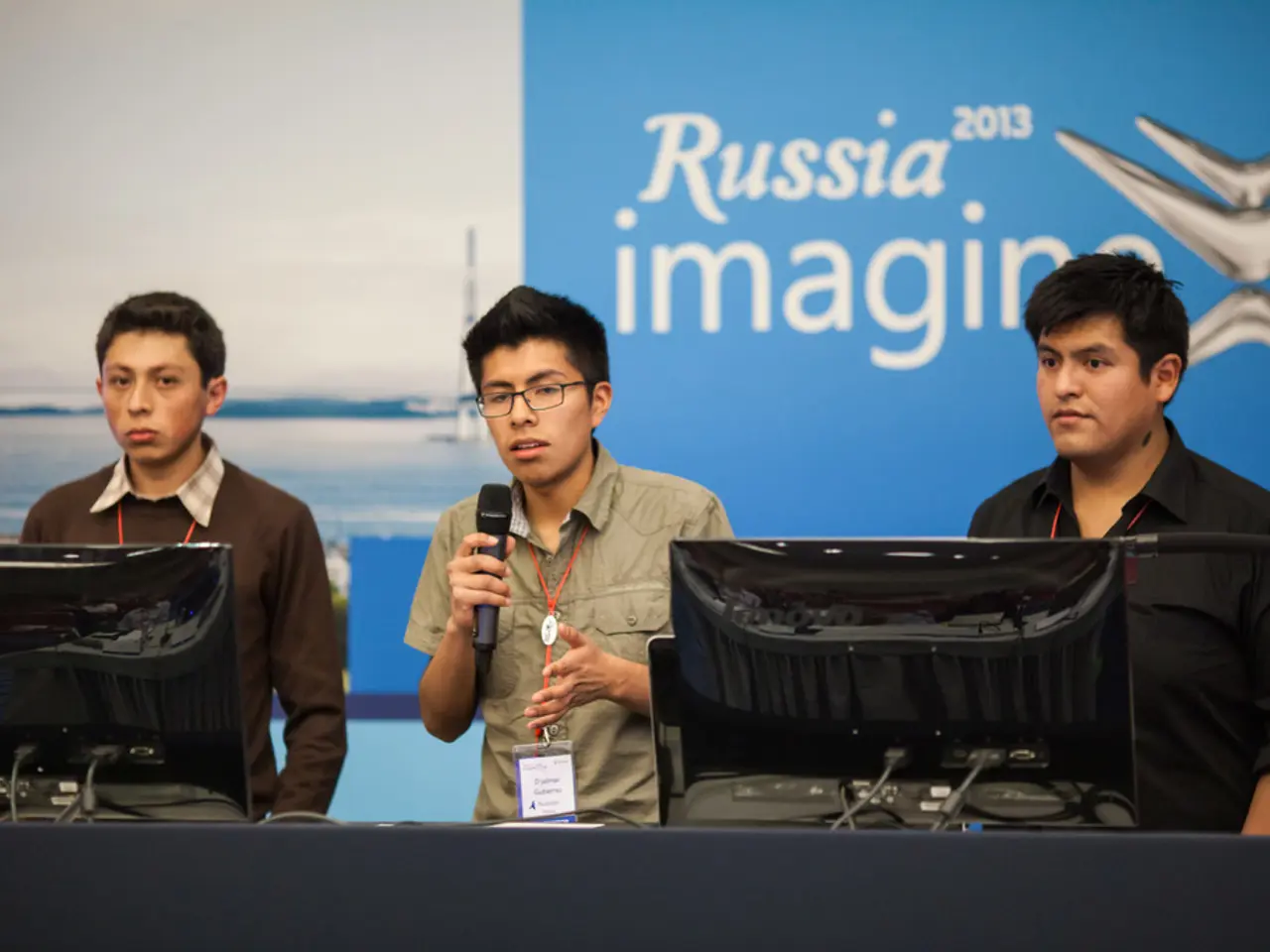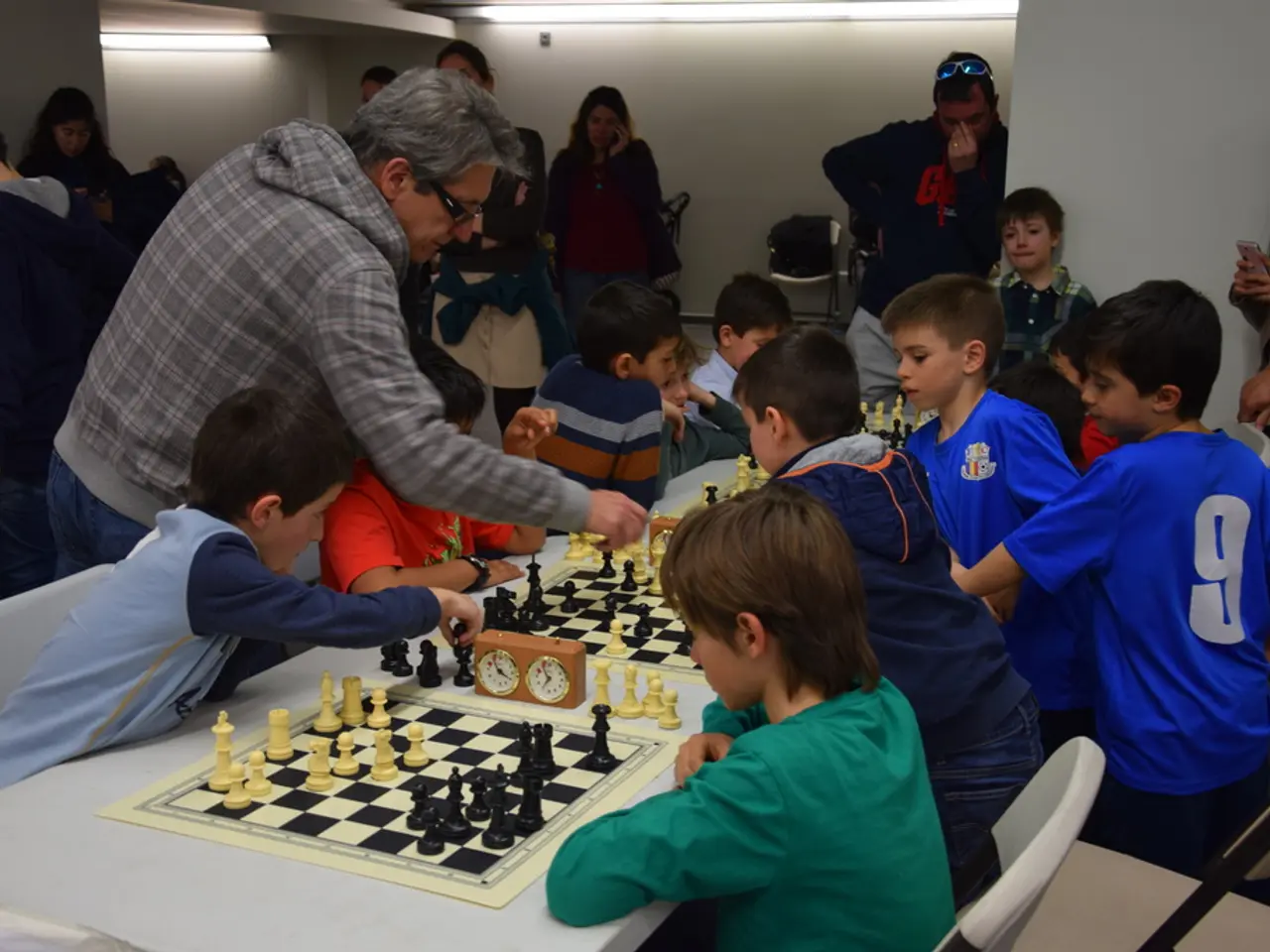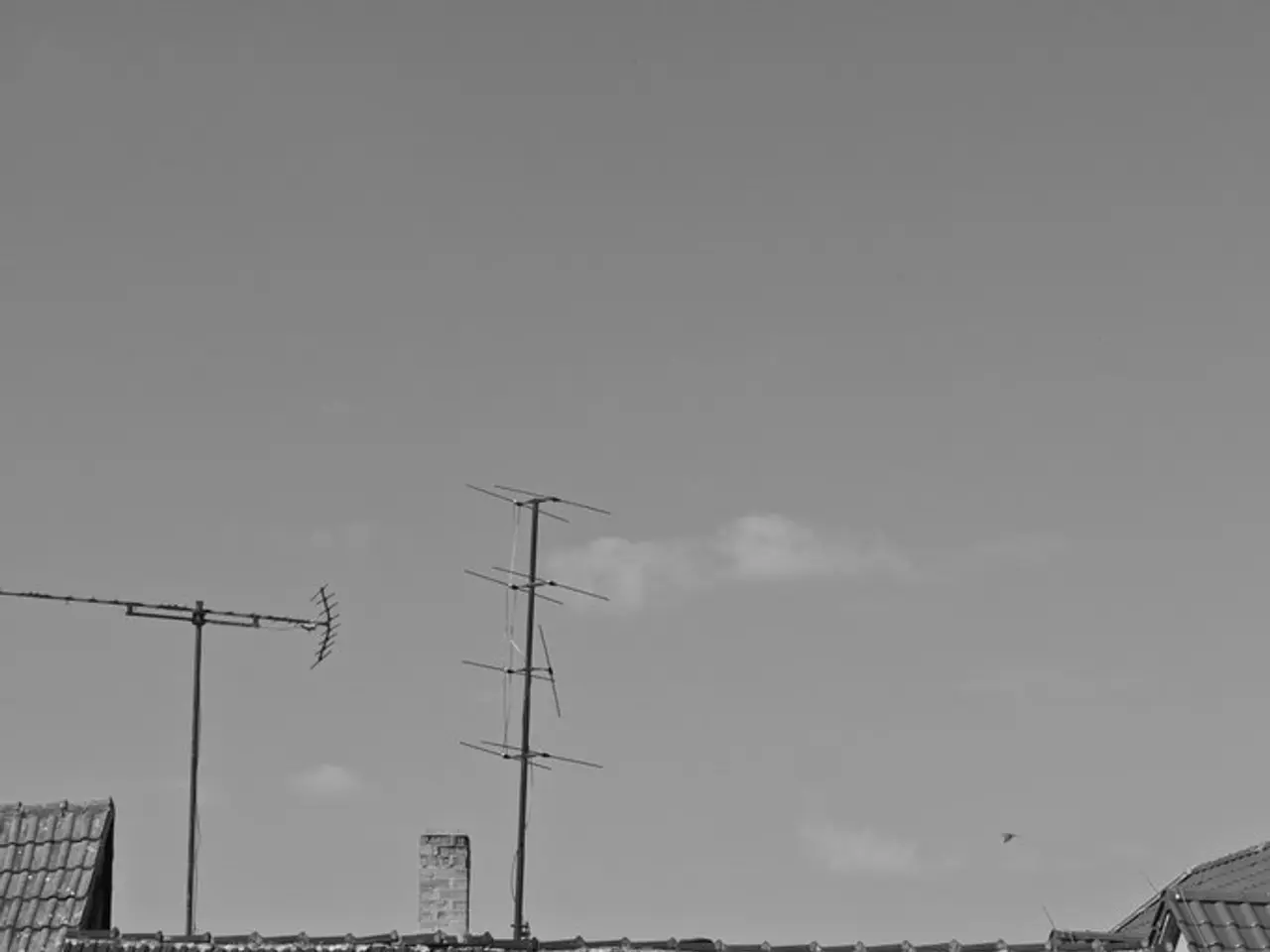U.S. Issues Warning: "Iranian Administration Still Has Time to Make the Appropriate Decisions"
In the face of the UN Security Council, the U.S. expresses cautious optimism, hoping to prevent an escalation in the prolonged Iran conflict, potentially leading to a U.S. military intervention. U.S. Ambassador to the UN, Kelly Craft, stated before the council, "The Iranian government still has time to do the right thing."
The issue at hand is Iran's nuclear enrichment program, which President Trump wants completely abandoned. What's needed, Craft stated, is a decision from Iran's political and religious leader, Ayatollah Ali Khamenei. Unfortunately, Iran has stalled negotiations on an agreement.
Let's delve deeper into the current status of Iran's nuclear enrichment program. After the U.S.'s withdrawal from the Joint Comprehensive Plan of Action (JCPOA) in 2018, Iran has ramped up its nuclear enrichment activities at facilities like Fordow, Natanz, and Esfahan – despite international limitations under the 2015 agreement. In fact, Fordow, once prohibited for enrichment, is now active with advanced centrifuges, aiming to boost capacity and enrichment levels.
With Iran’s stockpile standing at over 400 kg of uranium enriched up to 60 percent, the production capacity for weapons-grade uranium (WGU) at Fordow and Natanz could potentially yield enough material for dozens of nuclear weapons within several months if a breakout were pursued. This rapid conversion of uranium from 20 percent to 60 percent enrichment, previously observed by the International Atomic Energy Agency (IAEA), seems to prepare for a potential breakout scenario. Additionally, the IAEA reports significant challenges in monitoring Iran’s program due to unresolved safeguards violations and limitations on inspections.
Recently, Iran's nuclear sites have faced damage from aerial and ground-penetrating attacks attributed to U.S. and Israeli forces. The extent of damage inflicted on underground facilities like Fordow is uncertain, but these attacks have disrupted Iran's nuclear infrastructure.
Diplomatic efforts have focused on negotiations to bring Iran back into compliance with nuclear restrictions, but progress has been slow due to Iran's expansion of enrichment activities and regional geopolitical tensions. The U.S. and its allies continue diplomatic efforts through the IAEA, applying international pressure through sanctions and political negotiations. However, Iran remains adamant about its right to enrich uranium, further complicating return to the JCPOA framework or any similar agreement.
The situation remains fluid, with outcomes hinging on several factors: whether Iran will agree to halt higher-level enrichment and allow expanded IAEA inspections, the effects of recent military strikes on Iran’s nuclear infrastructure, and regional dynamics, including Israel's stance and U.S. policy decisions in the coming weeks and months. According to the 2025 U.S. Director of National Intelligence report, Iran has not resumed a nuclear weapons program per se but its enrichment activities concernedly raise the potential for a rapid breakout if a weapons decision is made. In essence, a diplomatic resolution to the crisis appears elusive, with the situation influenced by Iran's willingness to negotiate, international pressure, and regional security dynamics.
Amidst the pressing matters of war-and-conflicts, politics, and general-news, the ongoing issue concerning Iran's nuclear enrichment program remains a point of contention. This stems from President Trump's desire for Iran to completely abandon its nuclear enrichment program, a demand that has led to an impasse in negotiations, as Iran has stalled agreements with the UN Security Council.
